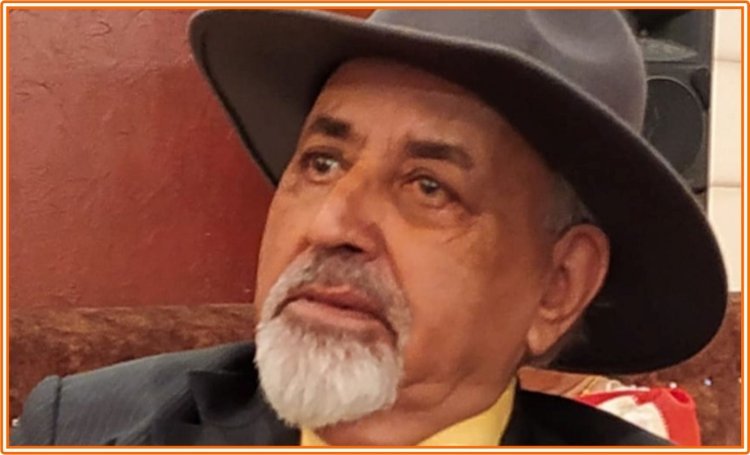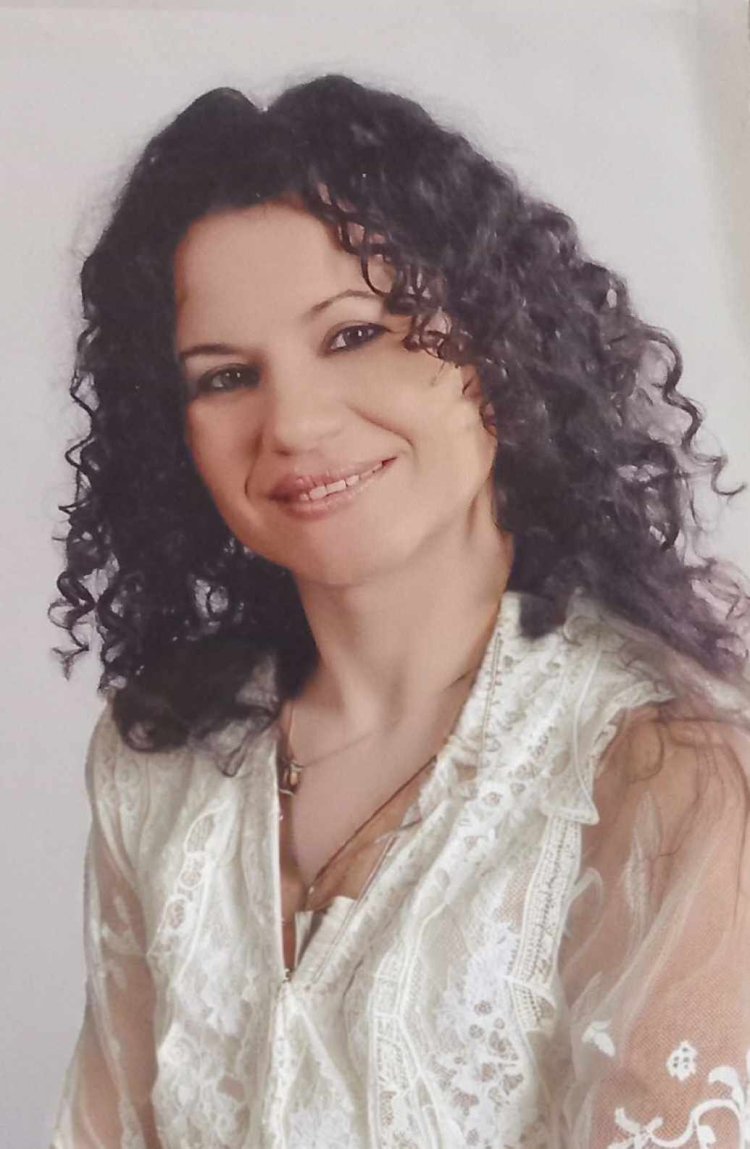Dr LALIT MOHAN SHARMA - WAITING FOR TURN ON MEDICAL GROUNDS
Dr. Lalit Mohan Sharma, born in 1952, has published ten books of English poetry which include 'Man with A Horn', 'Eyes of Silence' and 'There's No Death'. His book, A Three- Step Journey, is English translation of Zahid's Urdu poems. 'A Little Fire' and 'पटल से प्रांगण तक' came out in the year 2023, and 'Imaginary Knots' is the latest , and 'Icicles of Time', another book of poems, will shortly be out.
Sharma was conferred with 'Master of Creative Impulse' at World Poetry Conference in 2019. Galaxy Foundation honoured him with ' A Connoisseur of Creative Arts' Award.
He has been anthologised in several books of poetry, stories and of academic interest.
ARTICLE: WAITING FOR TURN ON MEDICAL GROUNDS
To do away with ambiguity : Waiting for your turn on the grounds where across the threshold sits the doctor. Reference is to the almost interminable queues waiting for their turn to be in the presence of a doctor.
The USA with a 25 trillion dollar economy spends 18% on health while india's GDP amounts to less than 4 trillion dollars and spends 4.5 % on health care. And indian population of 1.4 billions is five times that of the USA, which has 9.87 lakh doctors out of which 26% doctors are immigrants, with 59000 Indians being the largest group. Obviously, the medical attention paid to an average Indian is woefully small. The government hospitals are crowded.
To take an example: PGIMER at chandigarh is built over 277 acres , and is the final hope for people especially from North India. An annual budget of 2200 crores provided by the central government and with a daily influx of 10000 patients, it remains a centre of people in crowds, seeking solace from interminable diseases. Visiting on first july and advised endoscopic/ biopsy test, a patient personally known to me was given second August to report for the test. To watch these doctors and technical staff one cannot but have sympathetic view and accept that all of them are after all ' human'. Different floors packed with patients in certain OPDs remind you of big railway platforms crowded with passengers waiting for a train that has been late arriving for a few hours.
Indian doctors, the avenues being fewer in India, look for better pastures and migrate to countries like Saudi Arabia, Germany, UK, USA, Australia, Dubai, Ireland, Qutar, Singapore and Kuwait.
Under Article 21 of the Indian Constitution, the Right to Health has been guaranteed, and public health is a State subject. Hence, it's the responsibility of the State governments to provide even free health services to it's citizens. But, the nodal question is how much the governments are ready to spend on this service on which the very life of the citizen depends. This writer had the opportunity to visit Tanda Medical College in the state of Himachal Pradesh. Established in 1996, this Institute offers UG and PG courses to students, and it holds 13 th position in the country as a medical college.
The story of maintenance of facilities leaves much to be desired. In the searing summer this year, if fans stop working, the repairs can wait for months or more. ACs are provided where doctors examine the patients, but thr lobbies where citizens wait for their turn, on chairs, benches, floors, the fan refuses to oblige; that's true of pulmonary OPD, for those whose lungs suffe the patients to report to the doctor with CT scans and Xrays.
A look into corporate- run or private hospitals; I accompanied my wife to Apollo at Delhi for gallbladder surgery. Someone rushes, first thing, to enquire if wheel-chair was required by us. I recalled visiting a govt run hospital, ( not all are like that), I found the wheel- chair but a wheel was broke, you had to drag it. Rest of the Apollo experience too was all comfort, elite attention, a five- star ambience, almost! Yet, sickness is sickness. Pain is painful. One is reminded of the great Buddha, leaving in quest of salvation having caught sight of sickness, old age, death.
Ultimate understanding of the problem is in the negligible percentage of GDP that is spent by the government on medical services/ in constitutionally guaranteed public health. One may remember the amount spent by the US government and by that of India., percentage and the massive difference between the GDP of these two nations.
One fact deserves to be recorded here: the most courteous and cultured behaviour of the doctor fraternity at PGIMER at Chandigarh, and TMC in Himachal Pradesh, the two insitutes the present author happened to visit, and the experience led to look at the whole medical scene in a larger perspective. The major takeaway is that a welface must spend more on education as also on public health.
Prepared Angela Kosta Executive Director of MIRIADE Magazine, Academic, journalist, writer, poet, essayist, literary critic, editor, translator



